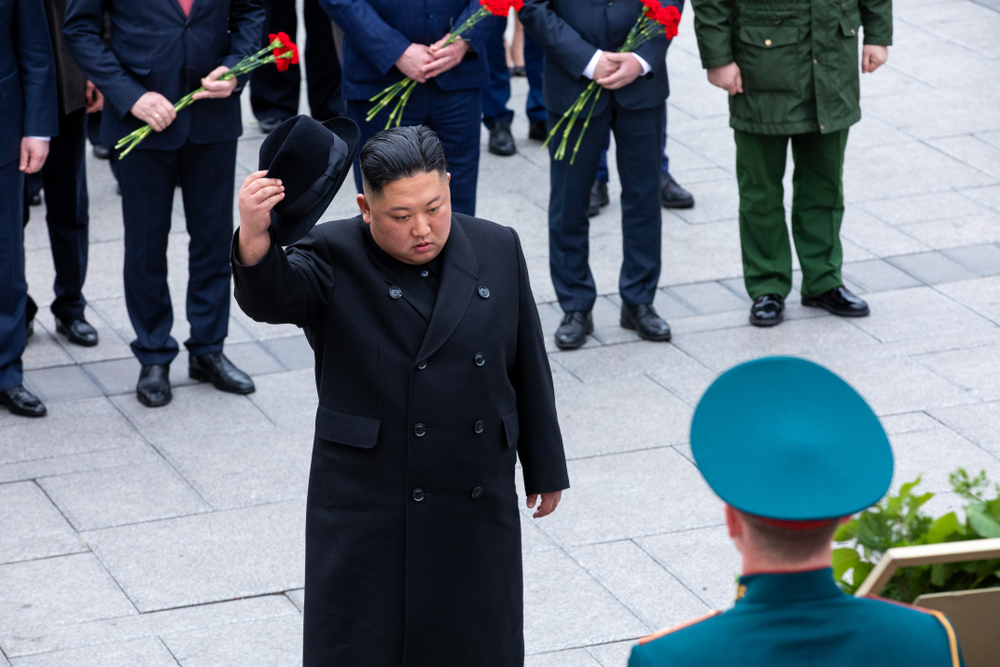North Korea’s regime is granting elite privileges to families of fallen soldiers who fought for Russia in Ukraine.
Others are reading now
North Korean leader Kim Jong-un is reportedly offering rare privileges to families of North Korean soldiers killed while fighting for Russia in Ukraine, in what analysts say is a calculated effort to contain growing domestic discontent.
According to a report from the Seoul-based Institute for the Development of the South and the North, Kim Jong-un is considering granting these families residence in newly developed suburbs such as Songshin and Hwasong, areas near the tightly controlled capital.
Access to Pyongyang is typically restricted to North Korea’s political elite and military leadership.
This development was reported by The Telegraph.
Also read
According to the news outlet, North Korea has recently experienced public unrest over its involvement in the war in Ukraine—a deployment only officially acknowledged by North Korean state media on April 28.
“Normally, it is an enormous privilege to be able to live in Pyongyang,” said Rah Jong-yil, a former South Korean diplomat and intelligence officer.
It’s easy to see this as a means of controlling families. Gathering them in one place makes it easier to suppress dissent and stop rumors from spreading. And, of course, privileges can always be revoked.
Wave of Losses Reported Among North Korean Troops
Reports of North Korean troop involvement in Ukraine began circulating in late 2024, but confirmation has remained limited.
South Korean intelligence estimates that up to 15,000 North Korean soldiers have been deployed, with approximately 600 killed and 4,100 wounded.
The revelation follows North Korea’s announcement of its role in helping to repel Ukrainian incursions into Russia’s Kursk region, with Kim Jong-un describing the fallen as “heroes” who fought for justice and national honor.
“They all fought for justice and are heroes, representatives of the honor of their country,” Kim said in a statement.
Russian President Vladimir Putin also praised Pyongyang’s involvement, stating:
Our Korean friends acted out of a sense of solidarity, justice, and genuine camaraderie.
Managing the Narrative at Home
Analysts suggest that allowing bereaved families to move to Pyongyang serves multiple purposes: offering symbolic recognition, preventing grassroots criticism, and consolidating control over messaging around the war.
“By concentrating these families in the capital, the regime can better monitor their behavior, suppress dissent, and prevent unfavorable narratives from spreading to other regions,” said one expert familiar with North Korea’s internal security practices.
North Korean state media also announced plans to construct a “monument of battle honor” in Pyongyang to commemorate the fallen.
In a separate development, the regime revealed the renovation of a medical equipment factory for disabled soldiers in Kaesong, stating that Kim Jong-un had “taken benevolent measures” to expand production and support injured veterans.


